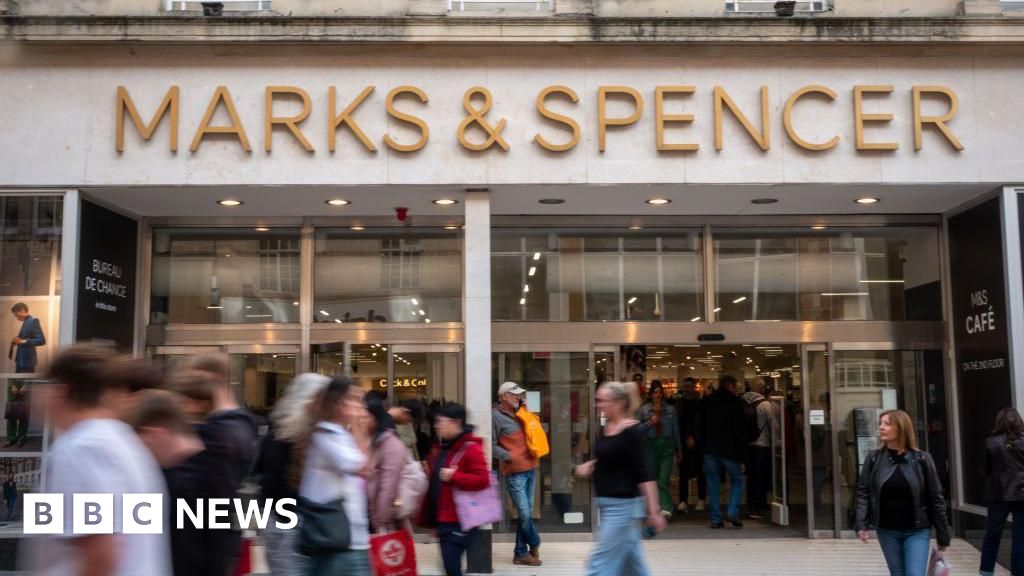ARTICLE AD BOX
 Image source, Getty Images
Image source, Getty Images
Which? says dodgy sellers are sending scarves to artificially inflate sales volumes and create fake reviews
Random Amazon customers are being targeted by sellers in what is known as a "brushing" scam, according to Which?
The consumer organisation said "dodgy" retailers were sending out "Suzhichou" branded scarves to boost sales volumes and create fake reviews on the website.
The "sales" then help their products rank higher in search results.
Amazon said "brushing" affects all online marketplaces and it had "robust processes" in place to deal with the problem.
Which? said while worrying there was no cause for panic and customers should report the unwanted package to Amazon.
How do 'brushing' scams work?
The consumer group said after an unscrupulous seller submits a fake order it will send a cheap, low-quality product - such as one of these scarves - to a random address.
The order generates a tracking number on the marketplace and once the recipient receives the item, the scammer is able to leave a fake five-star review, which in turn bolsters figures.
This results in more people seeing and buying poor-quality products, because they are under the mistaken impression they are highly rated, Which? said.
How did the scammer get my details?
The consumer group said fraudsters get names and addresses from "any one of a number of places".
It said some shoppers have reported receiving the scarves after ordering a different item from a Facebook marketplace store based in China.
Details may have also been taken from a publicly available source, been compromised in a data leak or accessed via an unsecure website, Which? said.
It added people who have been targeted should report the package and change their password.
In a statement Amazon said: "We are relentless in our efforts to detect and prevent abuse from impacting customer experiences.
"Sellers are prohibited from sending unsolicited packages to customers and we will continue to improve the sophistication of abuse prevention in our store and take the appropriate actions like suspending or removing selling privileges."
In 2021 Which? reported more than one million households in the UK could have been victims of "brushing".
It surveyed 1,839 people and found 4% of respondents said they or someone in their household received a mystery Amazon package they did not order, was not sent by someone they knew and was not taken in for a neighbour.
The UK's Competition and Markets Authority is currently investigating Google and Amazon over fake and misleading reviews.

 2 years ago
43
2 years ago
43








 English (US) ·
English (US) ·